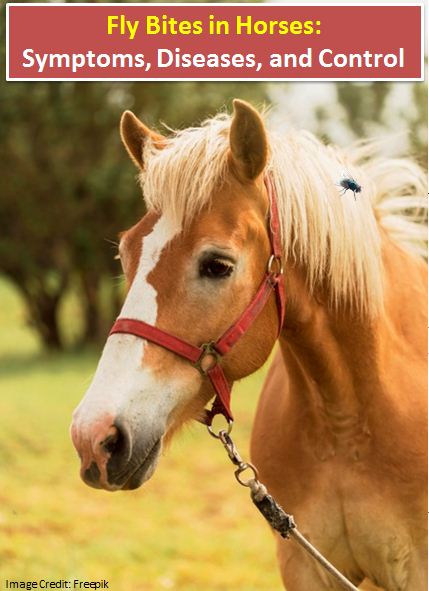Every horse owner can understand how painful it is when your horse is being attacked by horse flies, insects, and other pests. And as an owner, you should know how badly these flies can affect the health of your horse/horses.
First, let’s understand – What are these parasites?
What is a horse fly?
A horsefly is black or grey appearing flying insect that bites and sucks blood from horses and other pets. With their sharp mouthparts, these flies tear the skin of your horse to suck blood and leave these open wounds for further infections. They even lay eggs on wounded body parts.
How a horse fly affects the horse’s health?
A horsefly can give pain and cause infection to your horse in different ways.
Most commonly, the fly carrying toxins bites the horse and causes pain, redness, itching, stinging, and swelling. Bot flies insert their larvae under the horse’s skin and cause diseases like anemia, eye-worm, anthrax, and conjunctivitis.
Here are a few symptoms to look for:
- Allergic Dermatitis
- Mechanical Dermatitis
- Skin lesions
- Nodules & pustules
- Inflammation
- Hair loss
- Itching
- Raw skin
- Fungal diseases
Let’s get a brief on fly-borne equine diseases.
Here are the most common ones:
- Equine Infectious Anemia or ‘Swamp Fever’ – The virus causes recurrent fever, poor appetite, and anemia.
- Vesicular Stomatitis – The horse may develop blisters in and around the mouth.
- Sweet Itch or insect bite Hypersensitivity – The bites develop systematic allergic reactions.
- Black Fly Dermatitis – Horses can develop allergic reactions to the saliva, resulting in itching and hives.
- Onchocerca cervicalis – This can develop crusting, ulcers, hair loss, and scales on the neck, chest & abdomen.
- Horn fly irritation – This contributes to abdominal midline dermatitis.
- Pigeon fever – Infection results in internal/external ulcers.
- Summer sores – Results in hypersensitivity reactions – wounds won’t heal.
- Equine Granular Dermatitis – Ulcerated skin that appears as skin scalding or burns.
- Bot Fly Larvae – Could develop ulcers in the stomach and decrease the nutritional absorption.
- Eye parasites – Parasite can cause nodular reactions and chronic conjunctivitis.
After reading a long list of diseases, you must be worried about your horse’s health. But there are a lot of solutions you can adopt to stay away from these worries.
Be regular with these following prevention and help your horse stay healthy.
Use organic fly spray – These sprays are now available online which can completely keep your horses away from the irritating, infectious, and deadly flies, mosquitoes and other insects. Organic sprays are made up of only natural ingredients, so they are much safer for your horses when compared to the chemical ones.
Clean horse barn – The more you keep the horse barn clean, will help keep the fly population down.
Keep water tanks clean – To keep your horse healthy, water tanks should be cleaned on a regular basis.
Do proper grooming of your horse – Grooming your horse is an essential practice you should follow. This also ensures you keep track of your horse’s health. Through regular grooming sessions, you can investigate for any fly bites or other skin/health issues with your horse.
Conclusion
We know, how much you love your horse. But just loving your horses will not be enough. Proper knowledge and care will be needed.
After knowing all the complications your horse might have due to biting flies, you should not miss the basic health monitoring steps. And if, organic horse fly spray can add some happiness to your pet’s life, then buy one for him now.
To know the details on strength and varieties of organic sprays, visit stopbuggn.net
